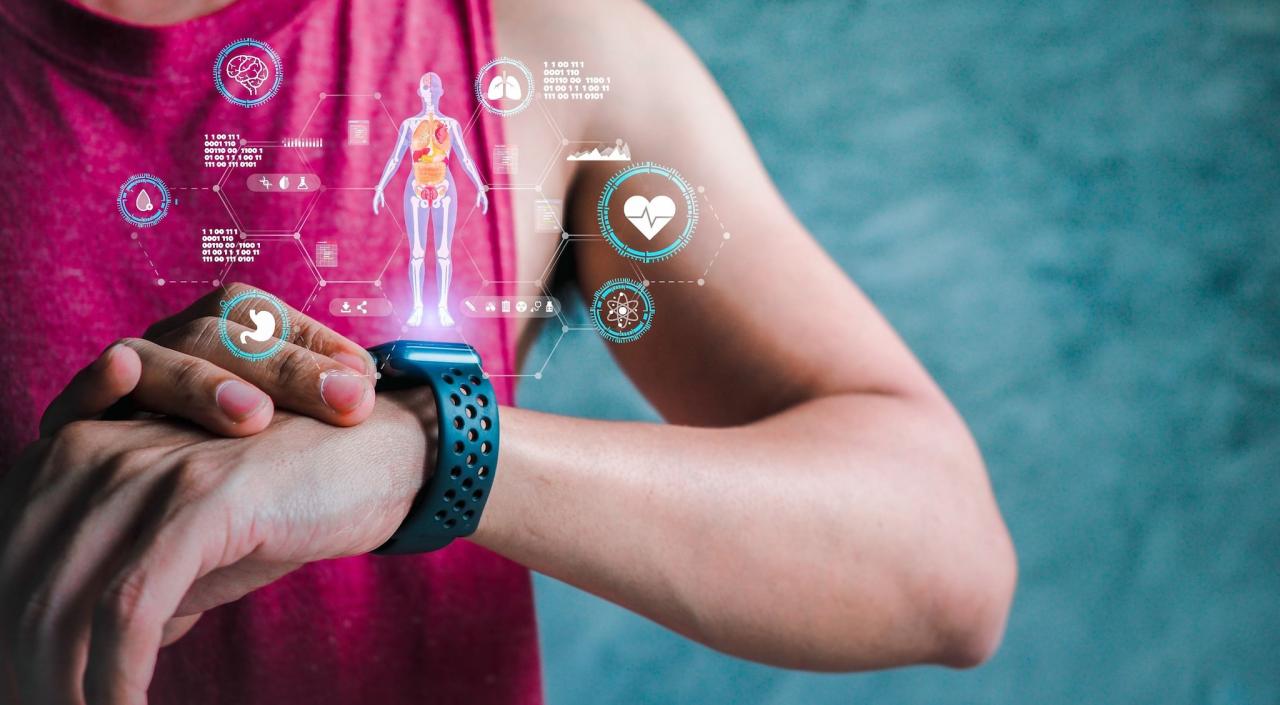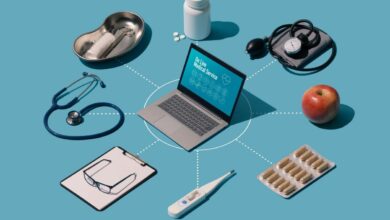AI for Personal Health: How It Is Revolutionizing the Way We Look After Ourselves


Artificial Intelligence (AI) is not science fiction anymore but a very potent tool that revolutionizes our lifestyle, profession, and even our health. More than one-third of the Earth’s population is already utilizing AI-driven platforms for personalized health care in 2025. From monitoring daily nutrition to predicting probable diseases, AI has become an accepted online health navigator.
But how, then, is AI changing individual healthcare? And why is everybody embracing it so quickly?
Why AI is Important in Personal Health
First of all, AI offers something traditional healthcare sometimes can’t: accessibility and personalization. In contrast to advice that comes in a one-size-fits-all package, AI-based apps analyze wearables, genetic tests, and day-to-day routines to offer tailored health solutions.
Additionally, AI bridges the distance between patients and clinicians. With real-time tracking and faster insights, it enables individuals to act as their own advocates before minor issues become complications.
Prime Uses of AI for Everyday Health
Let us consider where AI has begun making its presence felt already:
Smart Symptom Checkers – Virtual assistants that examine symptoms and suggest what to do next.
Personalized Nutrition – AI-driven dietary suggestions based on genes, allergies, or fitness goals.
Wearable Health Devices – Smartwatches that can monitor heart rate, sleep, and stress cycles through AI.
Mental Health Support – AI-driven chatbots that offer mindfulness exercises, stress monitoring, and even therapy-like counsel.
Predictive Health Analytics – Computer programs that forecast the possibility of disease by studying lifestyle and gene variables.
All such developments bring health to more individuals, more prevention than cure.

Benefits Which Must Not Be Ignored
AI in medicine is no fad, but a revolution. Some of the most precious benefits include:
Early Detection: AI has the ability to detect potential risk factors even when they don’t manifest as symptoms.
Cost-Efficiency: Saving on unnecessary doctor visits and medical expenses.
Accessibility: Health information in your pocket, anywhere, anytime—particularly useful in remote areas.
Personalization: Providing advice tailored to your individual body and lifestyle.
Besides, AI supports doctor-patient relations by providing physicians with correct information to make better decisions.
Challenges and Ethical Challenges
Clearly, this development has its pitfalls. Data privacy, accuracy, and reliance remain at the forefront of the concerns list. Although AI can advise, it cannot remotely substitute human experience. Balance therefore must be kept—AI may be able to help, but not replace, professional health.
A Look Ahead
With growing technology, personal health in the coming days is increasingly likely to be AI-driven. From AI-powered diagnostics to treatment administered by robots, technology will make medical treatment more precise, efficient, and compassionate.
In the long run, the promise of AI is unlocking its potential to empower us—not just to cure disease, but to live longer, healthier, and happier lives.






